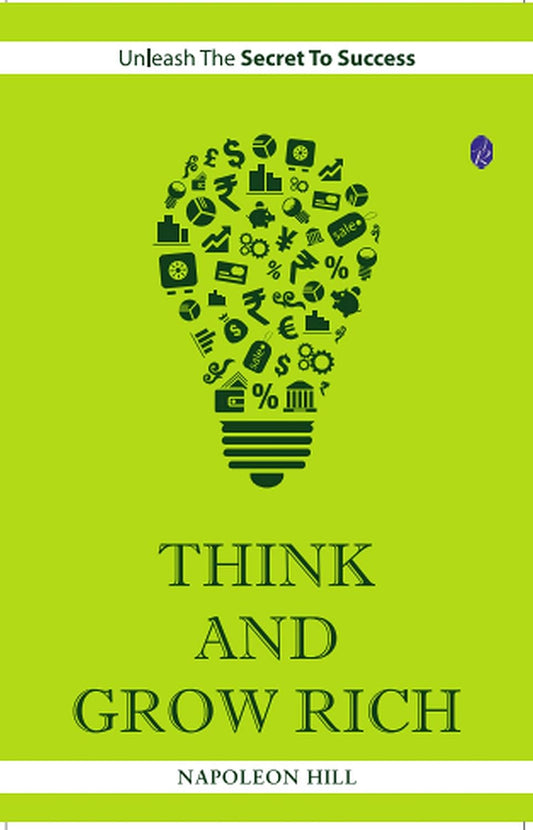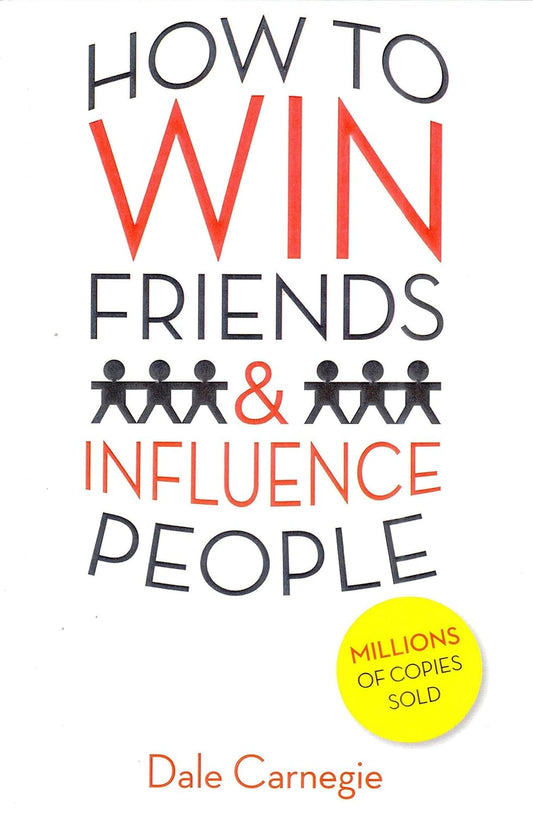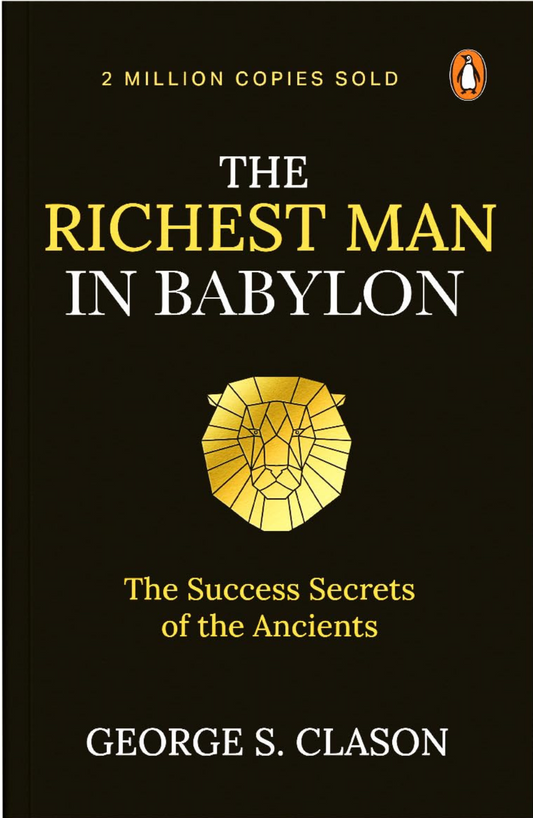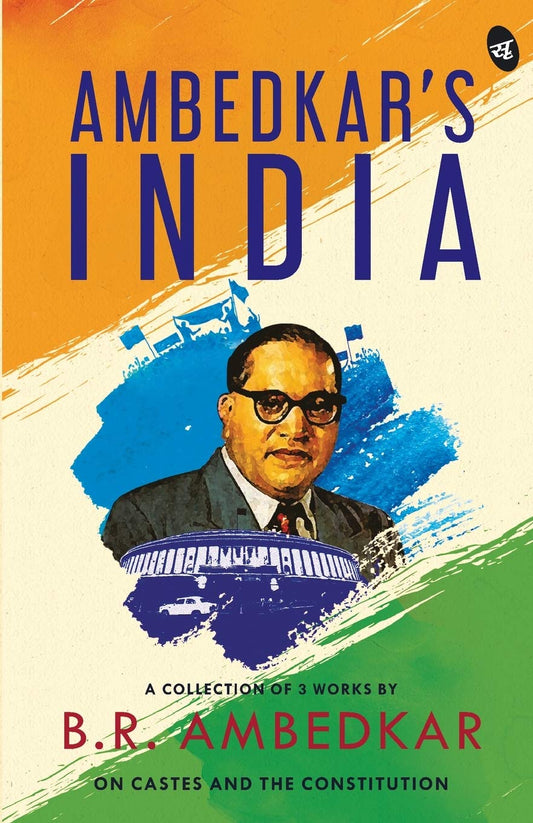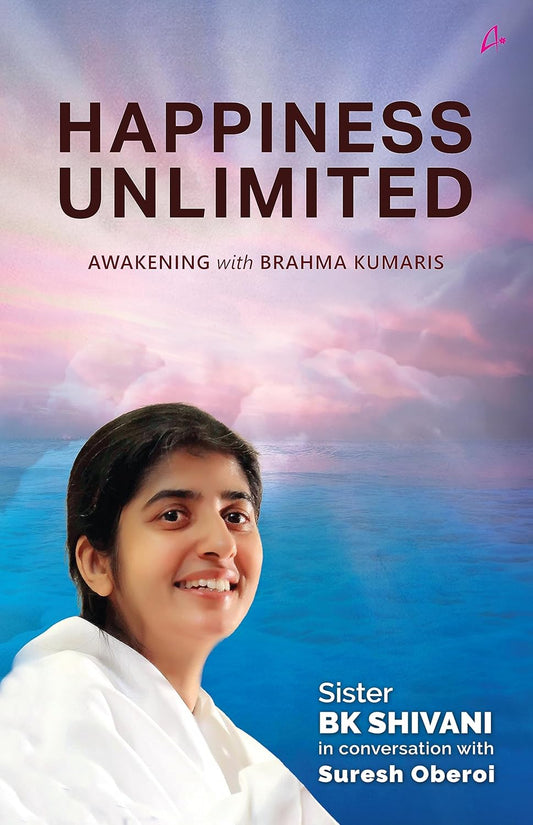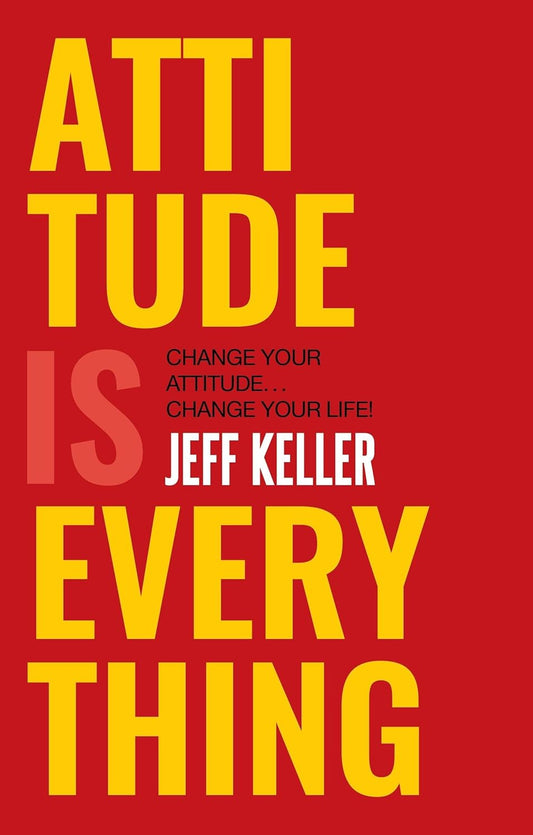Choosing the right book to read can be both an exciting and overwhelming task, especially with so many options available at your fingertips. Whether you’re trying to find a new book to spark your love of reading or you’re looking for something specific to suit your mood, the process can feel like a treasure hunt.
Fortunately, there are several strategies to help you make the perfect pick, whether you’re looking for a thought-provoking non-fiction piece or an immersive work of fiction.
In this post, we’ll walk you through some helpful tips and insights on how to choose the right book that matches your interests, mood, and reading goals.
1. Know Your Reading Preferences
The first step to choosing the right book is understanding what you enjoy. Do you gravitate toward romance, mystery, fantasy, historical fiction, or self-help books? Knowing your preferences will narrow down your choices significantly.
Ask Yourself:
- What genres do I enjoy most? (Fiction or non-fiction, mystery, sci-fi, fantasy, biography, etc.)
- Do I prefer character-driven stories or plot-driven books?
- Do I want a light, easy read or something more complex?
- Am I in the mood for an emotional journey or a thought-provoking narrative?
Having a clear idea of the genres and themes that appeal to you will save time and frustration when choosing a book.
2. Read Book Reviews and Recommendations
Once you’ve identified the genre or type of book you’re looking for, checking out reviews or asking for recommendations can be a great way to narrow down your options.
- Online Reviews: Websites like Goodreads, RioTrend, Amazon, and book blogs are rich with reviews that can give you a sense of the book’s themes, writing style, and audience reception.
- Book Recommendations: Look for curated lists on websites or book platforms like Kindle’s “Best Of” lists. You can also get personal recommendations from friends, family, or fellow readers on social media platforms like Instagram, Reddit, or book clubs.
- Awards & Nominations: Books that have won prestigious literary awards (like the Booker Prize or National Book Award) or are nominated for popular reading lists often indicate high quality and are a safe bet for thoughtful, engaging reads.
3. Consider the Length of the Book
Another factor to consider when selecting a book is the length of the read. If you’re pressed for time or just want something you can finish in a few days, a shorter book might be the way to go. On the other hand, if you’re looking for an epic, immersive experience, a longer novel or series might be more suitable.
- Shorter Reads (under 300 pages): Perfect for when you’re looking for a quick read or don’t have much time to devote to reading.
- Medium-Length Books (300-500 pages): These offer a great balance between depth and readability.
- Longer Books (500+ pages): Ideal for when you’re ready to immerse yourself in a more complex story or series.
4. Pick a Book Based on Your Mood
Your mood can have a significant impact on your reading experience. Are you feeling adventurous, introspective, or light-hearted? The right book can complement your emotional state and either helps you escape into another world or challenge your perspective.
Questions to ask based on your mood:
- Am I in the mood for a gripping mystery or a cozy romance?
- Do I want to escape into a fantastical world, or would I rather read something realistic and grounded?
- Do I need an uplifting, positive read, or am I in the mood for something deeper and more reflective?
If you’re feeling adventurous, dive into a fantasy or science fiction novel. If you’re craving a light, heartwarming story, perhaps a rom-com or a feel-good memoir will fit the bill.
5. Explore New Authors or Favorite Ones
If you’re stuck on what to read, it’s always a good idea to check out either new authors or revisit your favorite ones. New authors may surprise you with unique writing styles and fresh perspectives while returning to an author you love can feel like visiting an old friend.
- New Authors: Try books that have been recommended by trusted platforms or readers with similar tastes to yours. New authors can offer exciting discoveries!
- Favorite Authors: If you’ve enjoyed a particular author’s previous work, look for their other books. Many authors write in a similar style or explore the same themes, so you know what to expect.
6. Consider Book Awards and Bestseller Lists
If you're unsure of what to pick, consider looking at book awards and bestseller lists for guidance. Books that have been recognized by literary institutions or that appear on bestseller lists often indicate quality and are popular choices for readers.
Some Popular Lists to Consider:
- The Booker Prize List
- Goodreads Choice Awards
- National Book Award Nominees
These books often reflect a wide range of themes, writing styles, and genres, so you're likely to find something that piques your interest.
7. Sample the Book Before Committing
If you're hesitant about buying or borrowing a book, many platforms offer free samples or previews that can help you get a sense of whether you’ll enjoy it. Many eBook retailers allow you to read the first few chapters before committing.
Pay attention to:
- Writing style: Is the prose engaging or too difficult to follow?
- Pacing: Does the story hook you early on, or does it feel slow?
- Characters: Are you intrigued by the characters, or do they feel flat?
A free sample can give you a good sense of whether the book will hold your attention long-term.
8. Set a Reading Goal or Challenge
If you’re looking for a more structured approach to your reading, set a goal for yourself. Perhaps you want to read more non-fiction this year, or you’re aiming to read a certain number of books in a month. By setting clear goals, you can help direct your book choices and ensure you're reading books that align with your interests or aspirations.
Some reading goals might include:
- Read a specific number of books per year (e.g., 12 books in 12 months).
- Explore a new genre (e.g., historical fiction, self-help, or biography).
- Read books by diverse authors or from different countries.
9. Join a Book Club or Online Community
Being part of a book club or an online book community can help you discover books you might not have come across otherwise. Many book clubs focus on a specific genre or theme each month, making it easy to find your next read while engaging in discussions with like-minded readers.
Benefits of Book Clubs:
- Exposure to new genres: You may discover books outside your usual reading preferences.
- Accountability: Book clubs set deadlines, encouraging you to read more regularly.
- Social connection: You can share your thoughts and get insights from fellow readers.
10. Trust Your Instincts
At the end of the day, trust your gut. Sometimes you’ll come across a book that just calls out to you. Whether it's the cover, the synopsis, or a brief mention you heard somewhere, if something about a book intrigues you, it might be worth picking up.
Final Thoughts
Choosing the right book to read doesn’t have to be a stressful decision. By considering your interests, mood, and reading goals, you can confidently select a book that will provide you with the most enjoyable reading experience. Whether you stick with tried-and-true genres or venture into uncharted territory, there’s a perfect book out there waiting for you to discover it. Happy reading!


